Net neutrality in India gets Govt go-ahead; experts welcome end of monopoly
In a move that will prevent Internet service providers, social media companies and mobile operators from creating monopoly on the Internet, the Government yesterday (July 11, 2018) gave its approval to Net Neutrality in India. This will ensure that no Internet giant can manipulate to get preferential access for its content.
Service providers have been debarred from blocking access to content, thus making access to the Internet unrestricted and without any discrimination.
However, some critical services such as telemedicine/ remote surgery and autonomous cars have been kept out of the purview of Net Neutrality.
Welcoming the development, Ashish Bhasin, Chairman & CEO, Dentsu Aegis Network – South Asia, remarked that with this, there would be no monopoly for anybody. While stressing that the Internet has to be free because it has become essential in people’s lives, Bhasin said, “The access to Internet will become fundamental to our social existence and the way we work. Therefore, the biggest implication will be that no single party will be allowed to monopolise this space. I also believe that going forward, the haves and have nots will be those who are digitally enabled and who are in the digital net, where previously they were outside the digital net.”
When asked what it means for the digital landscape, he replied, “The key thing that everybody wants to capture in the digital landscape is access to data. That is what is most valuable. By preventing a monopoly, it will in some ways help do that. There will still be a concentration of large players, but no one entity can capture the entire space and prevent others from using it.”
The Telecom Regulatory Authority of India (TRAI) had set the guidelines for Net Neutrality in the country, which were sent for approval to the Telecom Commission, which gave its approval on Tuesday. Net Neutrality ensures lawful access to the Internet to all users without restrictions and in a non-discriminatory manner, where service providers cannot push for preferential speeds for certain online content.
Under Net Neutrality principles, social media companies and Internet & mobile service providers cannot block or slow down access to online content. All content need to be made available at the same speed and cost, thus providing a level playing field to all stakeholders.
With Telecom Commission’s endorsement of TRAI’s recommendations on #NetNeutrality, India takes an unambiguous stand on this issue.
- thread -
In November 2017, TRAI had backed the concept of Net Neutrality in India and released its recommendations. As per the recommendations, freeing up access to the Internet, TRAI had said that licensing terms needed to be amplified to remove discrimination in Internet access based on the content being accessed, the protocols being used or the user equipment being deployed. Content also includes apps, services and any other data that can be accessed or transmitted over the Internet.
The discriminatory treatment includes practices like blocking, degrading, slowing down or granting preferential speeds or treatment to any content.
The regulatory authority also restricted service providers from entering into any agreement with any person that has the effect of discriminatory treatment based on content, sender or receiver, protocols or user equipment.
TRAI's recommendations were welcomed by industry stalwarts, who called the move progressive.
Following the Telecom Commission’s approval, TRAI tweeted: “With Telecom Commission’s endorsement of TRAI’s recommendations on #NetNeutrality, India takes an unambiguous stand on this issue.” It further tweeted: “The concept of #NetNeutrality is easier to describe than to pin down in a regulation or licence that stands up to scrutiny by the stakeholders. The policy must admit exceptions, but without destroying everything that it seeks to protect. That’s what makes #NetNeutrality a difficult policy to enunciate. TRAI has, therefore, taken care to delineate the exclusions and exceptions to be provided in the licence itself and also given the manner of enforcement in other recommendations. On June 13 this year, TRAI signed an MOU with @BERECeuropaeu and released a joint statement on #NetNeutrality to affirm the intent to develop tools and share data for monitoring violations across jurisdictions.”
Rajan S Mathews, Director General, Cellular Operators Association of India (COAI), remarked, “On 11th July 2018, the Telecom Commission, the highest decision-making body in the telecom sector, approved the National Digital Communications Policy (NDCP) 2018 and the Net Neutrality recommendations by TRAI. COAI welcomes the approval of the NDCP 2018, as it is a forward-looking policy that promises to usher India into a new era of digital communications, thereby making the Prime Minister’s Digital India dream a reality. The new telecom policy with the aim of creating new jobs and inviting investments worth $100 billion by 2022 now awaits the final approval from the cabinet.”
COAI has already expressed its support on issues pertaining to non-discriminatory use of the Internet, including no blocking, no throttling and adoption of same service-same rules. The industry body also reiterated its earlier position that a light touch Regulatory approach should be adopted so that innovation is not hampered by the Net Neutrality rules.
“Many of the 5G applications will have stringent data communication requirements, such as high reliability or minimal delay, which require traffic management techniques. We have urged the Government to review industry practices with respect to traffic prioritisation to foster 5G-enabled applications and eco-system in India,” Mathews added.
He further said, “Now that the Commission has approved the recommendations, which are before the Cabinet for approval, we hope that the Cabinet will consider the concerns raised by the industry so that the Net Neutrality rules that are adopted in India benefit the consumers, incentivise innovation and adoption of new technologies, and enable the seamless spread of state of the art networks and service.”
According to Medianama’s Nikhil Pahwa, “Net Neutrality means that ISPs act like information exchanges and treat all websites and apps as equal, without giving preferential treatment to anyone. This directive ensures that India has the strongest Net Neutrality regulations in the world, preventing both manipulation of speed of access, and discriminatory pricing. The ISP/Telco license conditions will be modified to ensure net neutrality principles are a part of their licence conditions.”
He further said, “What this means for the digital landscape is that business can continue without the fear that an ISP or a telecom operator will slow down your app, site or service, and extort money, and that you don’t have to go and negotiate with a telecom operator to make your service available to consumers and customers.”


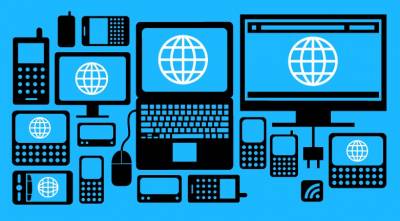





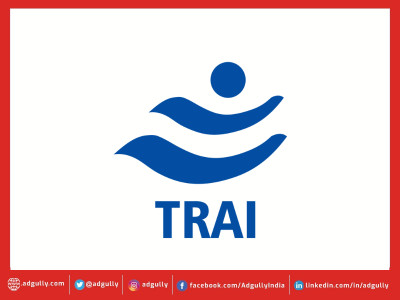
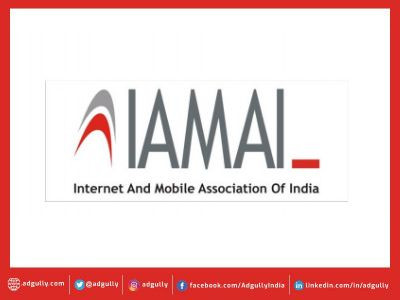




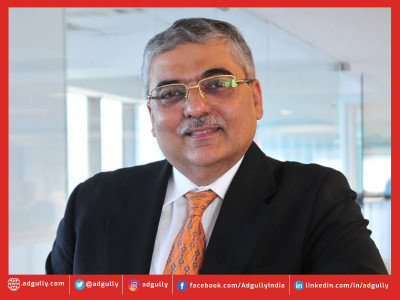
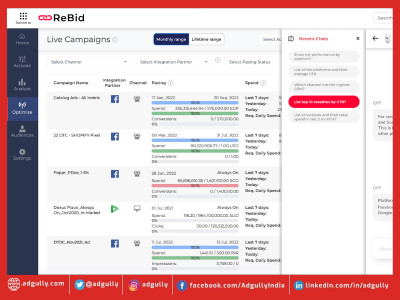

Share
Facebook
YouTube
Tweet
Twitter
LinkedIn